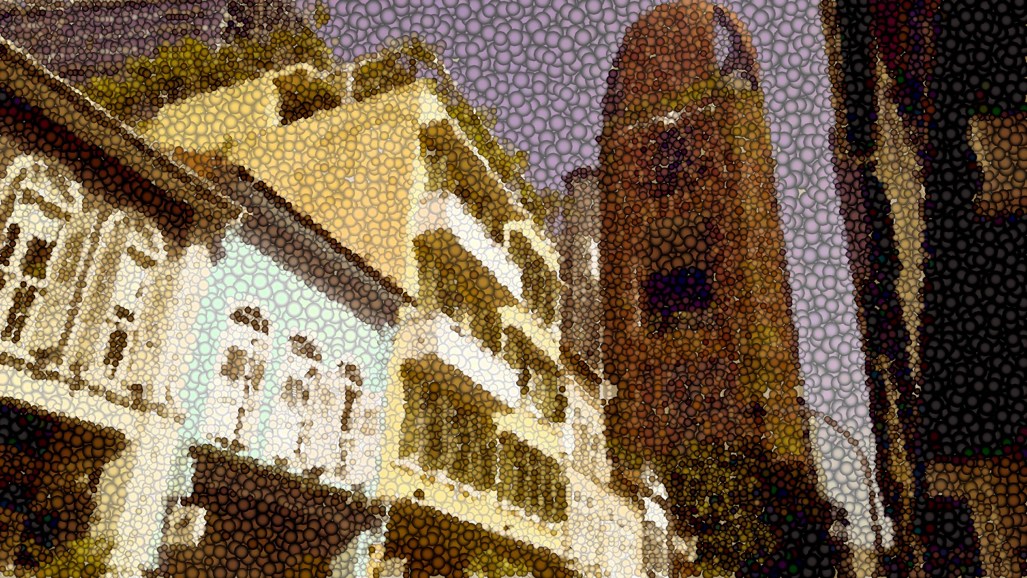This is part 1 in my 8-part guide to your financial life in Hong Kong. It is mostly intended for foreigners living in or moving to Hong Kong looking to better understand “the system” and better manage their money both in and outside of Hong Kong. Let me know if you have any questions.
One of the first decisions expats moving to Hong Kong need to make is where they want to live and how they want to pay for it. Hong Kong apartments are among the most expensive in the world, and so moving here often comes with the sticker shock of paying much more for a much smaller space. If you have kids, a comparably high expense is likely to be school fees. Even if your employer provides administrative and financial help in these two areas, knowing more and knowing it sooner are likely to make a bigger difference to your quality and cost of living in the short and medium term than most of the other topics we cover in our checklists.
Remember, GFM is an investment management firm, and we do not provide real estate, relocation, nor educational advice, but are happy to refer to you specialists we have worked with in these areas that can better answer your questions.
Also, unless otherwise stated, dollar amounts below are in Hong Kong dollars (HK$), where HK$7.75 = US$1.00.
Understanding Square Footage and Cost per Square Foot
More than many other real estate markets I know, Hong Kong real estate is quoted on a price per square foot basis. Most quotes, as well as some of the documents you will sign when buying or leasing an apartment, will quote two square footage numbers: “Gross Area” and “Saleable Area” or “Net Area”. The Net or Saleable area measures what is actually your private space behind your locked door and between your walls that you will actually live in, while the Gross Area is there to include your theoretical portion of common areas in the building. Net divided by Gross is the “Efficiency Ratio” of the unit – older standalone buildings tend to have higher efficiency ratio than newer multi-tower estates that may have swimming pools and fitness centers included.
As of this writing (January 2017), as a broad range you should expect to budget $25-50/month/sqft to lease an apartment or $10,000-20,000/sqft to buy an apartment – so $25,000-50,000/month or $10M-20M purchase price for a 1,000sqft apartment , with most being on the higher end the closer you are to Central.
Two of my favorite raw and rough data sources for HK real estate prices are Centadata (http://www1.centadata.com/ephome.aspx) and Centamap (http://hk.centamap.com/gc/home.aspx), both run by the local real estate firm Centaline. There are also more user-friendly and visually appealing sites for reading about the property market, one of my favorites being Spacious (https://www.spacious.hk/en/hong-kong), which can include useful guides to the different neighborhoods as well. If you are interested in reading listings posted in HK property agents’ windows, one of the first words worth learning is “萬” meaning 10,000 (so an apartment listed for 1,200萬 is selling for $12,000,000), followed by “呎” meaning square foot.
Some Differences in How Hong Kong Apartments are Equipped
Depending where you are moving from, you may find Hong Kong apartments not only tend to be smaller and more expensive, but will typically (not always) have three other design differences some 21st century westerners may find strange at first:
A.) Larger apartments tend to have a maid’s room, as many Hong Kong families have a live-in maid / helper
B.) There is often no dishwasher in these apartments, as it is often assumed your live-in helper will do the dishes
C.) Chinese apartments typically don’t have an oven, as Chinese food is rarely baked, especially in South China. In every apartment I’ve lived in, we’ve bought countertop ovens, toaster ovens, and bread machines.
D.) Open-plan and eat-in kitchens are relatively rare, as Chinese cooking often generates lots of steam and smoke as your helper/cook prepares it before bringing it out to your dining room
Buy or Rent?
As in any other market, the decision of whether to buy or rent your home depends on a number of financial and personal factors, the main one being how long you plan to live there. Hong Kong’s legal system and protection of property rights have an excellent reputation in the region, and demand from Mainland Chinese buyers is a major reason prices here are so high. Compared with many other markets, two additional barriers to many foreigners buying apartments here include:
A.) Financing – To curb speculation and cool Hong Kong’s often overheated property market, the Hong Kong Monetary Authority (our central bank and bank regulator) has lowered the maximum percentage of a property’s purchase price or assessed value (whichever is lower) can be borrowed in a mortgage from a bank. Banks here will require a 40-50% down payment for properties priced over HK$7,000,000.
B.) Transaction costs – While real estate commissions here are relatively low (1-2% instead of the 6% much of the US is used to), the HK government has significantly raised stamp duties on the purchase of property (also to curb speculation), which can add an additional 7.5% or $750,000 to the cost of a $10mio home. Updates to the stamp duty tables are available here: http://www.gov.hk/en/residents/taxes/stamp/stamp_duty_rates.htm
Mortgages in Hong Kong are relatively cookie-cutter compared to the variety you might be used to seeing from banks in places like the US: the is generally Prime – X% or Hibor + Y%, where as of January 2017, either will add up to around 2 – 2.5%. Note that HSBC has a different prime rate from the other banks, which is reflected in their slightly different spread.
Some of the questions we run through in the buy-vs-rent decision include:
1.) Do I have enough cash or other funding sources for the down payment, transaction costs, and a bit more?
2.) What is the difference in what my monthly rent would be vs my monthly mortgage payment plus the interest I’m not earning on my down payment?
3.) Will I live in this place long enough for this difference (if positive) to cover my transaction costs?
4.) Do I value the security of not worrying about rent increases or not having my lease renewed, in exchange for the risk that my mortgage rate may rise and I may not be able to sell this house?
5.) Am I comfortable with the fact that HK property prices declined by over 60% from 1997-2003 (Asian Financial Crisis through SARS), and that such declines may happen again? (Source: http://www1.centadata.com/cci/cci_e.htm)
A few words on schools
Understanding and choosing from the many different schools in Hong Kong can be a full time job and there are consulting firms that specialize in them. Tuition fees for many international schools in Hong Kong easily rank alongside the high apartment rents as one of the major recurring expenses for families living here, not counting expenses for tutors and other extra-curricular programs.
While I have my own personal experiences and opinions sending children to both English and Cantonese medium schools in Hong Kong, my favorite sources of information on Hong Kong Schools include the “Hong Kong Schools” Facebook group, with other specialized pages and groups for certain types of schools and questions.
For many parents, the choice of school is closely connected to the choice of where they want to live, but schools are also why residential property in places like Kowloon Tong are more expensive than they otherwise might be.
In the next part, we will describe a bit about the experience of dealing with Hong Kong’s banks and financial services.
Until then,
Tariq
+852 9476 2868

